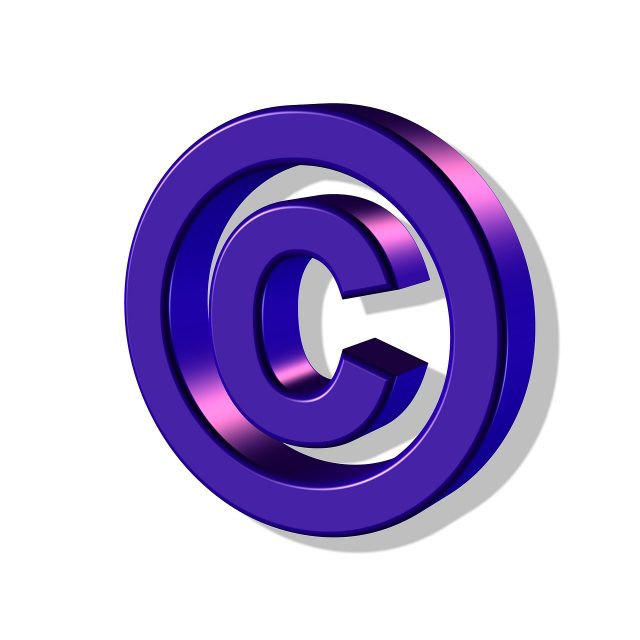Published: October 23, 2019

Image by Pete Linforth from Pixabay
Want to know a secret? Copyrighting your writing is really as easy as including a copyright page in your book. In other words, your book is copyrighted the minute you’ve put words on the page, and this alone protects your work in most circumstances.
But maybe you’re the kind of author that likes to make sure all your I’s are dotted and your T’s are crossed. For you, a simple copyright page just doesn’t feel like enough. The fact of the matter is self-published authors can apply for a formal copyright just like the big publishing houses.
How does a copyright work?
Cutting out a lot of legalese, here’s what you need about what a copyright will do to protect you book. A copyright protects the expression of your ideas, not necessarily the ideas themselves. To do that, you’re going to need a patent.
To put it another way, you can copyright how you describe a spaceship with words or images, but you can’t prevent anyone else from using the “idea” of a spaceship in their own work.
In addition to protecting the expression of your creative ideas, here’s what else a copyright will do for you:
- A copyright gives you the exclusive right to make copies of your book.
- A copyright gives you the exclusive right to display or perform your work publicly, or to distribute copies of your book to the general public.
It’s also important to remember copyrights are transferrable and last for 70 years.
How to copyright a book
Look at it this way, if two people have the same idea at the same time, but those two people are completely unaware of each other, a copyright isn’t going to do anything to protect you. This is called simultaneous or mutual co-creation, and believe it or not – it happens.
Applying for a copyright acts as formal notice, registered with the federal government, that your expression is protected by a copyright. If any problems arise, you’ll be able to refer to that formal notice as proof that your expression of these ideas came first, and doing so is really as easy as going to copyright.gov.
Should an author register a copyright?
Like we said earlier, your book is copyrighted the moment you write it. But should an issue arise down the line, having that formal copyright registered with copyright.gov will help protect your intellectual property.
The choice to register a copyright copyright.gov is yours, but it’s an easy process and a little extra protection never hurts.